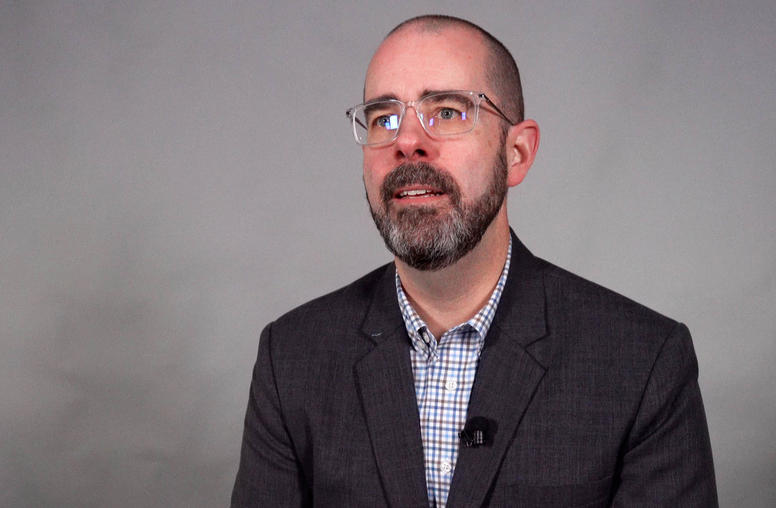Abrahamic Alternatives to War
In June 2007, 24 American Jewish, Muslim, and Christian scholar leaders met at a conference sponsored by the United States Institute of Peace and the Churches' Center for Theology and Public Policy. The purpose of the conference was to specify practices within each of the three faith traditions that could lay the groundwork for a nonviolent program to resolve conflict and address injustice as an alternative to warfare. The conference participants began by identifying the major roadblocks to developing such alternatives in the sacred texts of each of their traditions by accounting for the textual passages that promote violence and justify warfare. The scholars then discussed the various models of peacemaking and the definitions of "just peacemaking" presented in their respective religious traditions. The scholars found a great deal of resonance between the programs to achieve peace emphasized in their religious traditions and modern conflict resolution theory.
This public event will launch a Special Report presenting the findings of this conference. Hard copies will be available at the event.
Four of the conference participants will present their religious tradition's just peacemaking principles, explore how they intersect with contemporary political theory and research, and present their emerging Abrahamic Alternative to War paradigm.
Speakers
- Susan Thistlethwaite
Chicago Theological Seminary - Glen Stassen
Fuller Theological Seminary - Mohammed Abu-Nimer
Former Senior Fellow at the U.S. Institute of Peace, now at American University - Robert Eisen
George Washington University - David Smock, Moderator
U.S. Institute of Peace



